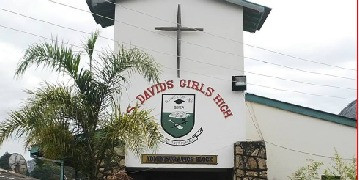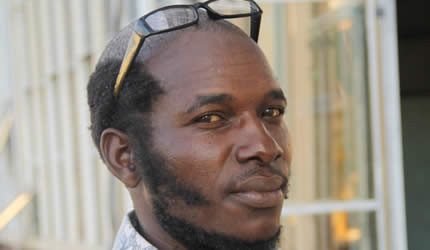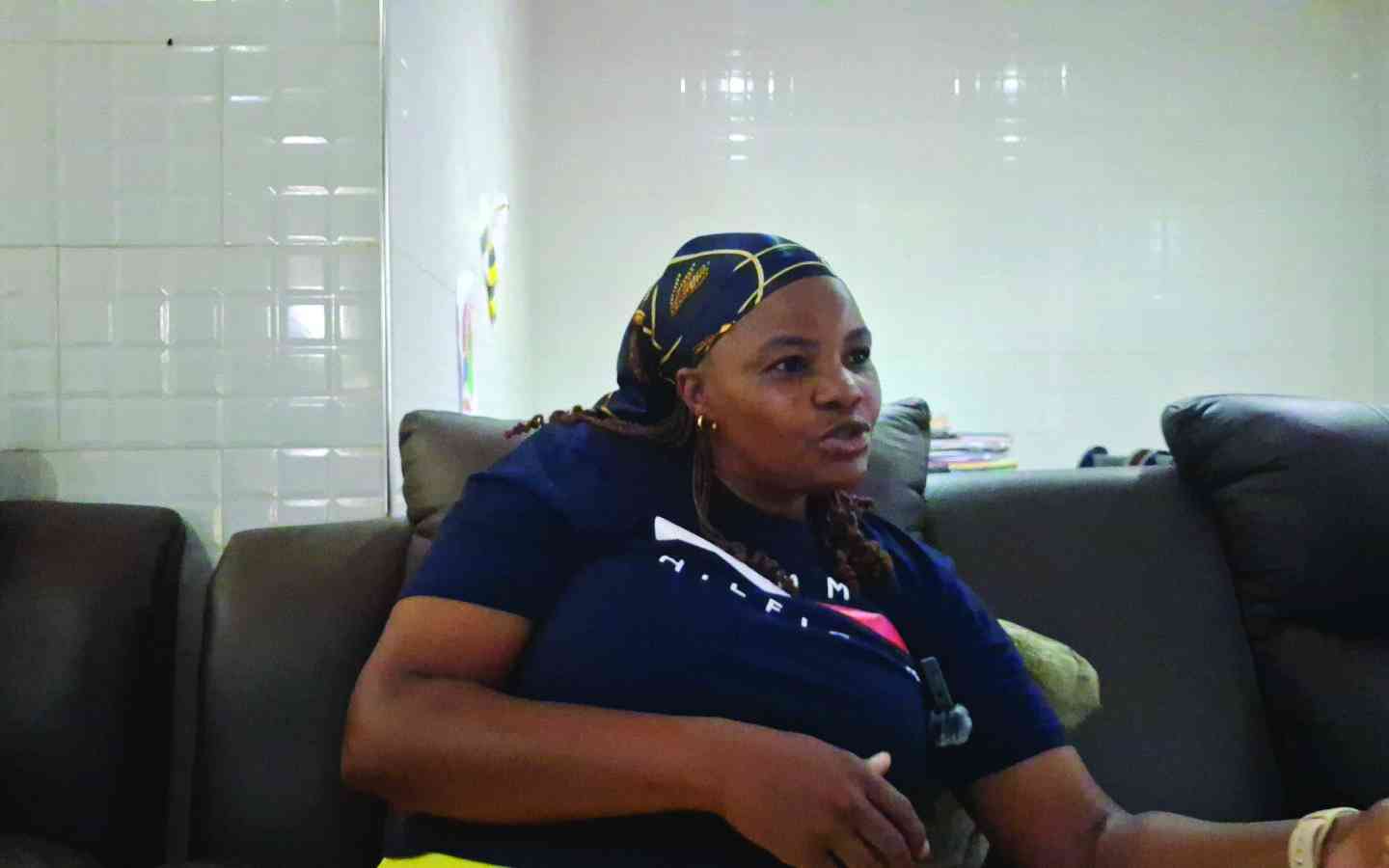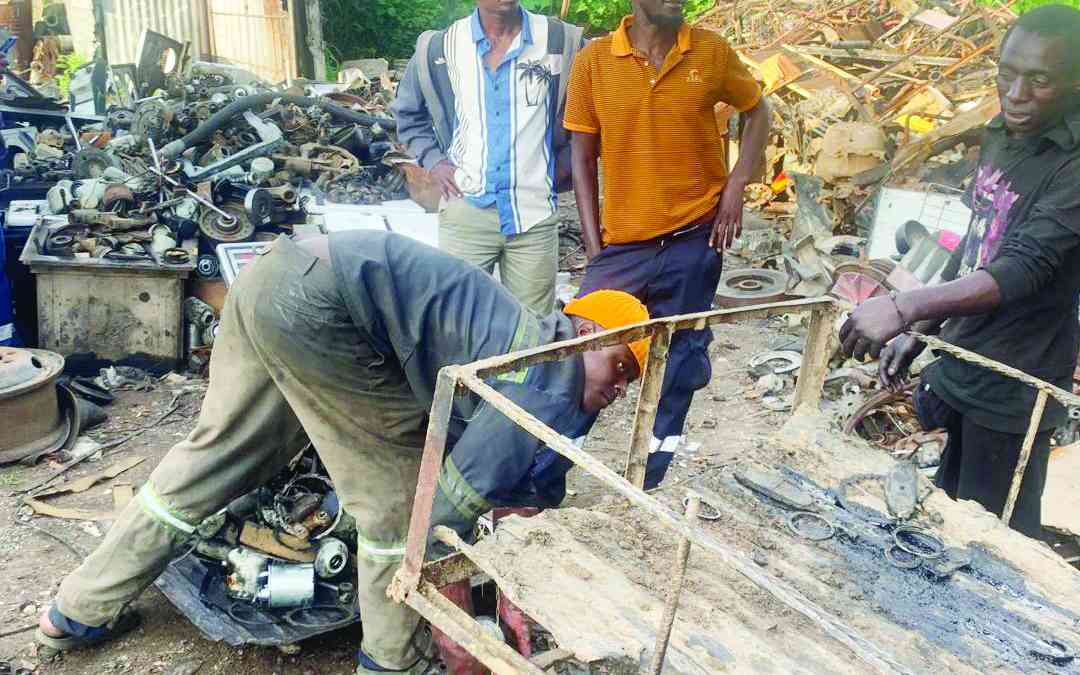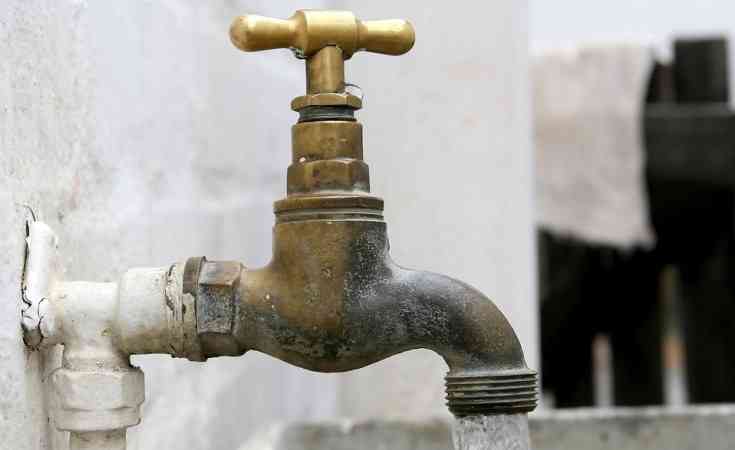
TECLA Phiri is now old and frail and for the better part of her life, she has had to bear the brunt of dry taps, burst sewer pipes and uncollected refuse.
Life has not been what she expected when she got married more than five decades ago after moving in from Patchway Mine to stay in Kadoma’s Rimuka suburb with her husband who was working at the famous David Whitehead factory.
“I moved in to stay with my husband who was staying in a company house in the area known as Single Quarters in Rimuka,” Phiri said.
“We were fortunate enough to have our own house in the same suburb a few years later.
“By then, service delivery was out of this world.”
Now a widow and taking care of her granddaughters, Phiri has been heavily involved in community development programmes in Rimuka.
She has strived to have issues around water, hygiene and sanitation addressed in Rimuka with little success.
As a result, Phiri and many other girls and women in Kadoma’s old suburbs such as Rimuka, Ingezi and Waverly had to endure poor service delivery.
- Rimuka suburb sitting on health time bomb
- Gender budgets improve service delivery, strengthen accountability
- Kadoma moves to tame HIV among key populations
Keep Reading
Even new suburbs such as Pixiecombie, Cherry Bank and Victory Park have no running water, which have seen residents, mainly women and girls, fetching water from unsafe sources.
Overcrowding, poor water reticulation, obsolete sewer systems, uncollected refuse and old inhabitable homes are the order of the day in areas such as Single Quarters and General Barracks (SQ/ GB) in Rimuka.
According to a 2023 report released by UNICEF and WHO, globally, 1.8 billion people live in households without water supplies on the premises.
Women and girls aged 15 and older are primarily responsible for water collection in seven out of 10 such households, compared with three in 10 households for their male peers.
The report says in most cases, women and girls make longer journeys to collect it, losing time in education, work, and leisure, and putting themselves at risk of physical injury and dangers on the way.
“Sometimes we wake up early in the morning to fetch water from communal boreholes, which are far away,” Phiri said.
“We have been having sporadic burst sewers and the council takes time to attend to them.
“In most instances, it's women who face the music.”
Phiri said their efforts as women to have their problems addressed have fallen on deaf ears as the local authority has done little to improve service delivery since the demise of big companies that operated in the town.
“Things started to change in the late 1990s, thus when David Whitehead was scaling down operations in Kadoma and it was no longer helping the council with service delivery,” Phiri said.
“On the other hand, Rio Tinto was folding up and there were issues around ownership at its Cam and Motor mine.
“These two giant companies were helping Kadoma Municipality with service delivery in some way.”
Phiri said the local authority was adamant on addressing problems around service delivery, including failure to rehabilitate the old water and sewer reticulation system.
She said corruption and mismanagement were taking a toll on service delivery.
According to the recently released Auditor General’s report, Kadoma Municipality last year had 2 541 non-functional water metres, resulting in difficulties in accurately measuring water usage and charging customers accordingly.
As a consequence, water consumers were being billed on estimated fixed rates, leading to a loss of revenue for the council, said the report.
“The council billed 3.5 million out of the eight million litres of water produced during the year resulting in a 56% loss of treated water,” reads part of the report.
“The percentage of water loss was above the world standard non revenue water loss of 25%.”
The report recommended that Kadoma Municipality should come up with strategies to reduce non-revenue water as this loss of revenue can have significant financial implications for the council.
In response, the council has committed to a series of measures aimed at rectifying the issues raised in the auditor general’s report and improving service delivery to residents.
The council acknowledged that a large chunk of communities in Rimuka and Ingezi were fetching water from public taps rather than individual consumer points due to inadequate pressure.
They said the anomaly would have been addressed by March 31 this year, but this publication established that the council is yet to boost the water pumping capacity.
However, experts argue that most local authorities were found wanting by the auditors due to a dearth of strategies that promote gender equality, such as gender responsive budgeting.
Gender responsive budgeting aims to restructure budgets and change policies in order to address existing inequalities and achieve gender equality.
Girls and Women Empowerment Network Trust founder Kumbirai Kahiya said councils should embrace approaches such as gender responsive budgeting since it is alive to the gendered needs of both men and women.
“As women we encourage this because it considers the needs of men and the needs of women and how much should be allocated,” she said.
“In the case of women and girls and due to their gender roles, they need access to safe water, sanitation, affordable and accessible health facilities.
“Budgets that then appreciate that women and girls require accessible health facilities due to their reproductive health needs, for instance pregnancy and birthing, are important for councils.”
Kahiya said it was essential for local authorities to have budgets that ensure funds are used in ways that reduce the burden of care work on women and girls as primary users of water, health facilities and sanitation facilities.
She said when resources are not adequately budgeted for women and girls; they are exposed to poor health such as lack of safe water means exposure to water borne diseases.
Speaking at an Auditor General’s report analysis meeting convened by the Zimbabwe Coalition on Debt and Development recently, Zimbabwe Women’s Resource Centre and Network economist Esther Mapungwana said the findings of the auditor general ’s showed that most of the local authorities’ plans and policies were void of gender equality tools.
Gender Links Zimbabwe and regional programmes director Priscilla Maposa said her organisation has facilitated the implementation of a gender mainstreaming programme in all 92 local authorities in the country.
“As Gender Links, we partnered with the Local Government and Public Works ministry to develop a gender responsive budgeting tool to assist local authorities in gender budgeting,” she said.
“All authorities have embraced this and only a few are yet to fully implement gender responsive budgeting in their budgets.”
Three years ago, the Finance and Economic Development ministry through the Budget Call Circular number 1 of 2021 made it mandatory for all public institutions to mainstream gender and allocate resources for gender in their budgets.
*This article was produced with support from Gender Links under the Gender Responsive Budgeting component

